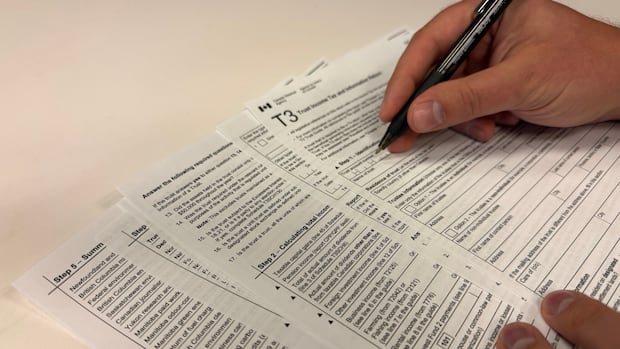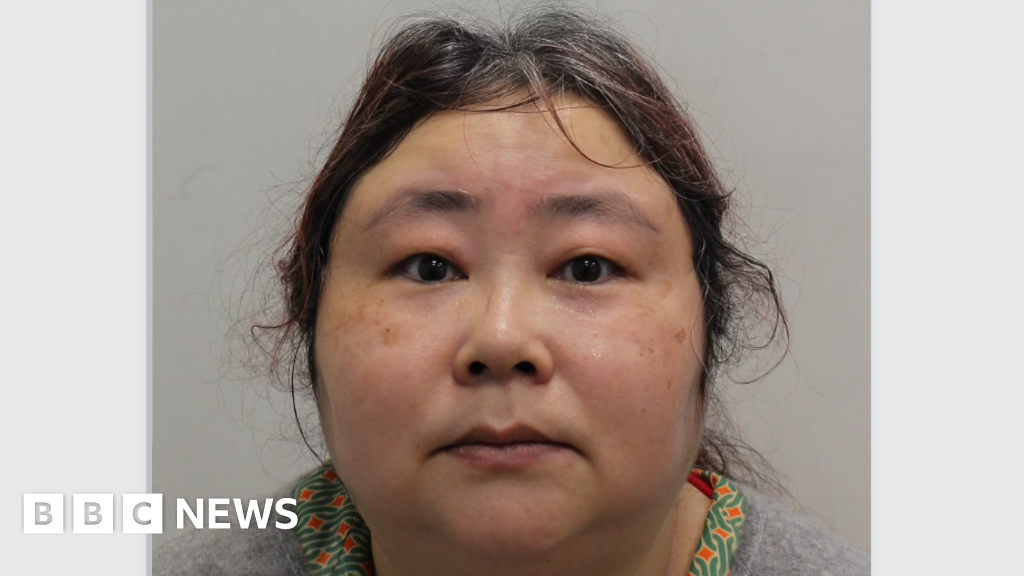Canada Revenue Agency's Bare Trust Reporting Requirements Under Review, Potentially Causing Tax Season Chaos
Some Canadian taxpayers who filed "bare trust" forms with the Canada Revenue Agency (CRA) last year may have done so unnecessarily. The federal government is currently reviewing the reporting requirements, which could potentially lead to another chaotic tax season, according to accounting professionals.
Background: The New Trust Reporting Rules
In 2022, the government introduced new tax reporting rules for trusts, scheduled to take effect for the 2023 tax year. These rules were intended to combat money laundering, terrorist financing, and tax avoidance. However, many Canadians with simple bare trusts found themselves required to file complicated forms.
In March 2024, just days before the filing deadline, the CRA made a last-minute decision to pause the reporting requirements for bare trusts, citing an "unintended impact on Canadians." This pause continued throughout the year, and the Finance Department proposed changes aimed at providing more certainty to taxpayers.
What is a Bare Trust?
A bare trust relationship exists when a trustee holds legal ownership of property or assets, but not beneficial ownership. As defined by the government, "the trustee can take no action without instructions from that beneficiary and the trustee's only function is to hold legal title to the property."
"Really, [a bare trust trustees'] only function is to hold legal title," - Ryan Minor, Director, Chartered Professional Accountants of Canada.
Unlike express trusts, which are typically established by lawyers, bare trusts can occur almost unintentionally. Examples include a parent co-signing a mortgage for their child, becoming a partial owner, or an elderly parent adding their children to a bank account to assist with bill payments.
Proposed Exemptions to the Reporting Requirements
The proposed changes, issued in August by the Finance Department, would exempt certain bare trusts. These exemptions include:
- True joint ownership, such as a joint bank account held by spouses.
- A parent going on title for a child's principal residence to co-sign the child's mortgage.
- Spouses jointly occupying a home, even if the title is in only one spouse's name.
- A joint bank account where an adult child is named on an elderly parent's account, as long as the account value is below $250,000.
A spokesperson for the Finance Department stated that these circumstances may have already been exempt but are being expressly defined to provide clarity.
The Impact of the Initial Reporting Requirements and Pause
Despite the CRA's pause, over 44,000 taxpayers filed bare trust forms in 2024, with some paying tax professionals to complete the paperwork. Ryan Minor from Chartered Professional Accountants of Canada believes the proposed exemptions may cover some of those who filed. He regrets that further consultations were not undertaken to prevent what he describes as a "very wasteful" situation.
Taxpayers' Ombudsperson François Boileau issued a report earlier in the year criticizing the CRA for failing to provide taxpayers and professionals with timely information. He stated the last-minute pause led to "wasted time and effort."
Norman Tollinsky from Thornhill, Ontario, paid an accountant to file forms for two trusts. He now suspects that he will only need to file for one of them, stating, "Some of these changes that they're proposing are positive and will help a lot of people, but not everybody."
Tollinsky, who attempted to file the forms himself, found them overly complex and hopes the CRA provides simpler forms for those who still need to file.
"I'm still upset that I had to pay for an accounting firm," - Norman Tollinsky, Taxpayer
Looking Ahead: Challenges and Recommendations
Ryan Minor recommends that the CRA launch an educational campaign to inform impacted taxpayers about the requirements and consider postponing penalties as Canadians adjust. He emphasized that "This is challenging legislation and there's going to be a lot of learning for everybody."
The CRA has stated it is waiting to see if the proposed changes are adopted before deciding whether bare trust forms will be required this year. A spokesperson said, "If no legislation is tabled, the CRA will consider options to reduce the filing burden on taxpayers and preparers for bare trusts in the 2025 tax year. We are committed to communicating any decision as early as possible to provide clarity and certainty."
The timeline for enacting these changes is tight, potentially impacting the 2025 tax year. This limited time frame could make it challenging for the CRA to adequately communicate the changes to taxpayers.
CBC News contacted Finance Minister François-Philippe Champagne's office for a timeline on the proposed legislation, but the office deferred to the Finance Department, which stated "legislation will be introduced in due course."
 Visit the website
Visit the website






